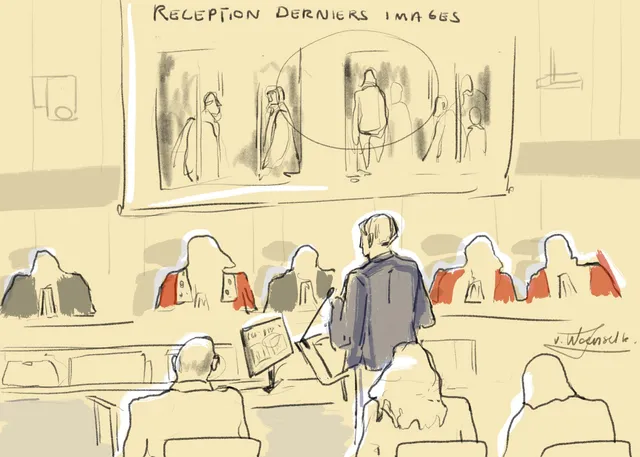The court's decision banning daily strip searches for those accused in the trial over the 22 March 2016 terror attacks in Brussels should be repealed, a lawyer for the Belgian State argued on Friday.
The judge previously ruled that the strip searches – which were daily and systematic – constituted degrading treatment and therefore violated the European Convention on Human Rights, adding that they did not seem justified in the light of all other security measures.
The Belgian State's lawyer, however, disagreed.
"This is a trial that exceeds all known proportions on all counts," the lawyer, Bernard Renson, said. "Because of the cases being dealt with, the number of victims, the media interest, the personality of the accused."
"This trial must be able to take place in maximum security conditions. The police must be able to avoid the escape of the accused, and to avoid the targeting of magistrates, jury, and public by revenge actions."
Related News
- Brussels terror trial resumes with background witnesses, followed by victims
- Brussels Terror Trial: Judge rules against strip searches, genuflections
- 'Wanted to hide a knife': Police justify need for strip searches in Brussels attacks trial
The Coordination Unit for Threat Analysis (OCAD in Dutch, OCAM in French) has set the threat level for the trial sessions and transportation of the accused at 3, the second highest, Renson said.
"In those circumstances, the accused are given handcuffs, a bullet-proof vest and a blindfold, and undergo a strip search," he said. "That search is conducted with the utmost respect, by a limited number of police officers, without any physical contact."
Renson also pointed out that strip searches are not illegal, and are allowed by the Police Act when police take someone to the cell. "A strip search is the only way to check if they are carrying a dangerous object made of metal, such as a knife made from a toothbrush or a pair of glasses."

